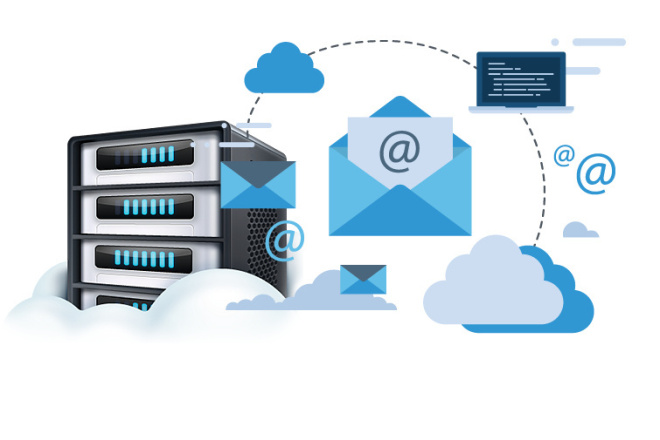Email is vital for today’s fast-paced, digital business world. Emails enable professional collaboration and information exchange, making a reliable and secure hosting solution essential for organisations of all sizes.
However, finding the right provider can become complex quickly. This post explains what to look for when selecting an enterprise-grade email host tailored to your needs. It explores key features and weighs benefits and considerations to inform your decision-making.
What is Email Hosting?
Email hosting provides a dedicated server for sending, receiving, and organising professional email beyond basic free services. It allows one to establish customised addresses tied to their brand, like yourname@yourbusiness.com.
These specialised providers offer robust security, anti-spam/malware protection, encryption protocols, and other advanced capabilities tailored to business needs. Email hosting grants better deliverability by safeguarding from blacklisting pitfalls that can impact message receipt.
It also enables vanity domains, large storage allotments, and integration with professional applications to manage high email volumes, which are essential for productive enterprise communication.
Key Features of a Good Email Hosting Solution
Key features of a good email hosting solution include the following:
- Custom Domain Support: Vanity emails with your domain can help promote brand consistency and make your domain appear more professional.
- Storage and Scalability: Sufficient inbox storage that scales up as your company grows can enable managing high email volumes.
- Security and Privacy: Robust encryption, spam filtering, and malware protection can help safeguard sensitive communications.
- Uptime and Reliability: High uptime ensures uninterrupted access and workflow.
- Ease of Use: Intuitive interfaces seamlessly integrate across email platforms and devices.
- Collaboration Tools: Shared calendars, tasks, and real-time exchange of information can help optimise team coordination.
- Backup and Recovery: Data backups and restoration protect against losses from deletions or outages.
Types of Email Hosting Services
There are several different types of email hosting services. Popular options among them include the following:
- Shared Email Hosting: Affordable shared servers suit smaller users but can limit resources during high traffic.
- Dedicated Email Hosting: Dedicated servers deliver enhanced customisation, performance, and reliability for large enterprises.
- Cloud-Based Email Hosting: Cloud platforms enable flexibility and scalability by distributing resources across servers. This facilitates growth.
- On-Premise Email Hosting: Hosting email internally allows maximum control and security but demands substantial technical expertise.
- Hybrid Email Hosting: Blending on-premise and cloud hosting can help balance control with flexibility for tailored solutions. It can help optimise cost and performance.
How to Choose the Right Email Hosting Solution
Selecting the right email hosting solution is crucial. Here are some points to consider:
- Assess Needs: Gauge the required inbox space, preferred security protocols, and essential features.
- Consider Scalability: Select a provider facilitating the future expansion of users and storage.
- Evaluate Security: Verify robust encryption, two-factor authentication, and spam filtering.
- Check Integration: Ensure compatibility with your email clients, tools, and systems.
- Test Support: Reliable 24/7 customer service is vital, especially if internal technical skills are limited.
- Compare Costs: Balance affordability with features and reliability offered.
Conclusion
Email hosting is an essential investment for businesses and professionals seeking secure, reliable, and professional communication solutions. Robust email hosting promotes seamless, secure communication across teams and stakeholders. Focusing on key features such as security, scalability, and ease of use can help you select a hosting solution that aligns with your goals.




